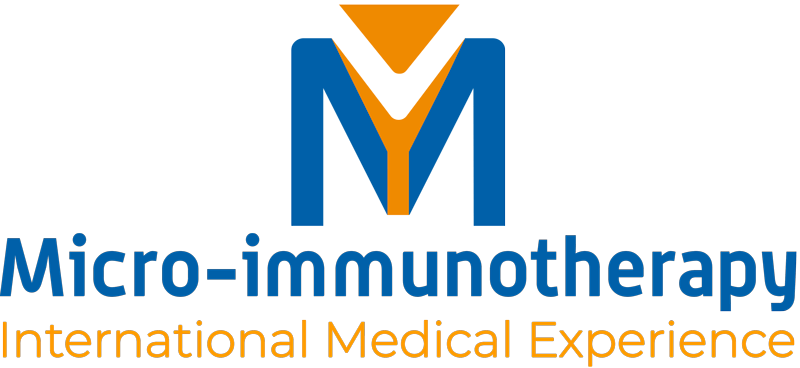Micro-immunotherapy & allergy

An allergy is an excessive immunological reaction to generally harmless environmental substances, termed “allergens” (e.g., pollen, fur and specific food substances). The immune system regards these as harmful and initiates an inflammatory reaction that involves different immune cells and transmitters. Diseases with an allergic origin include hay fever, allergic dermatitis, conjunctivitis and food allergies, among others3.
By applying low doses of cytokines and other immune transmitters, micro-immunotherapy aims to suppress allergic reactions. It is therefore not only targeted at treating annoying symptoms arising from allergic reactions, such as sneezing, coughing, itching, sore eyes and skin reactions, but actually focuses on combatting their underlying causes, by regulating the misdirected immune response.
Micro-immunotherapy has proven to be of invaluable help in supporting therapeutic strategies for the treatment of allergies, and can be applied in an acute phase, as well as preventatively.
- Amin, K. The role of mast cells in allergic inflammation. Respiratory Medicine. 2012 ; 106, 9e14
- Bachert, C. The role of histamine in allergic disease: re-appraisal of itsinflammatory potential. Allergy 2002 ; 57: 287–296.
- Ellenbogen Y., Jiménez-Saiz, R., Spill, P., Chu, D.K., Waserman, S. Jordana, M. The Initiation of Th2 Immunity Towards Food Allergens. International Journal of Molecular Sciences. 2018; 19, 1447.
Discover more about Allergology and micro-immunotherapy


